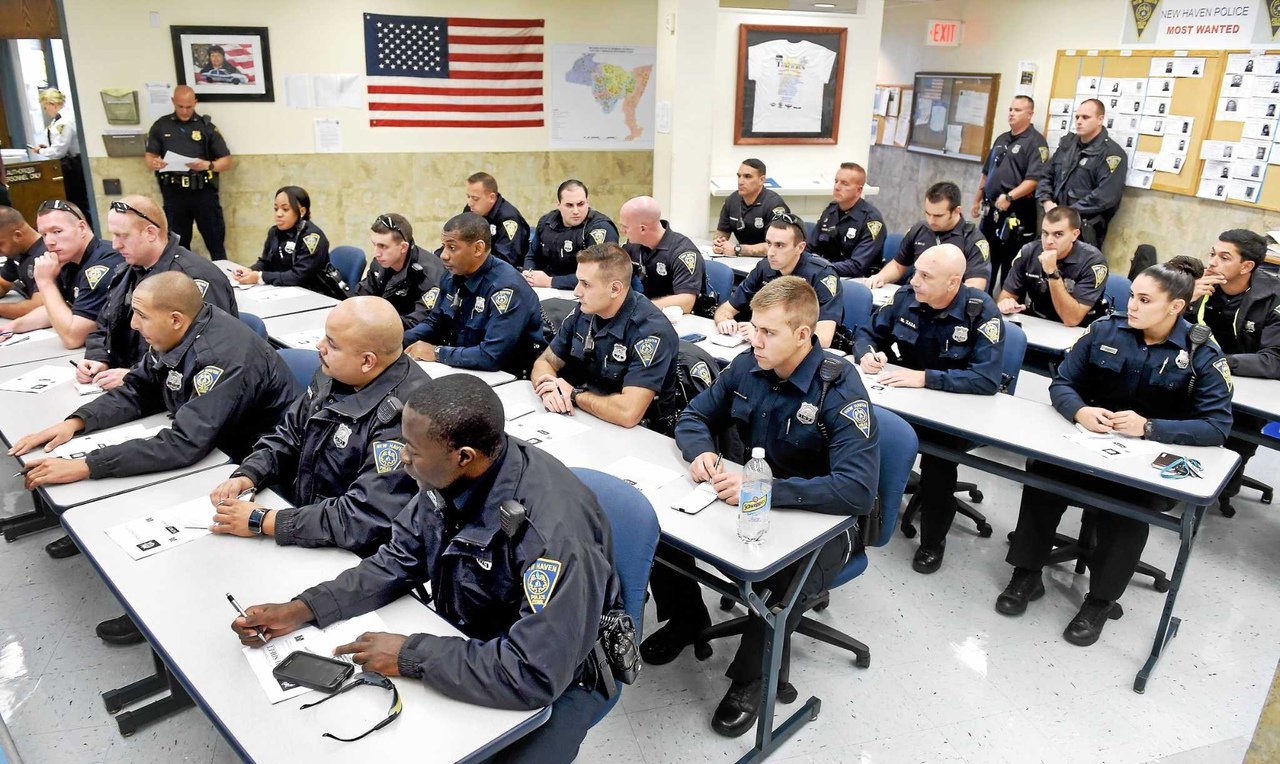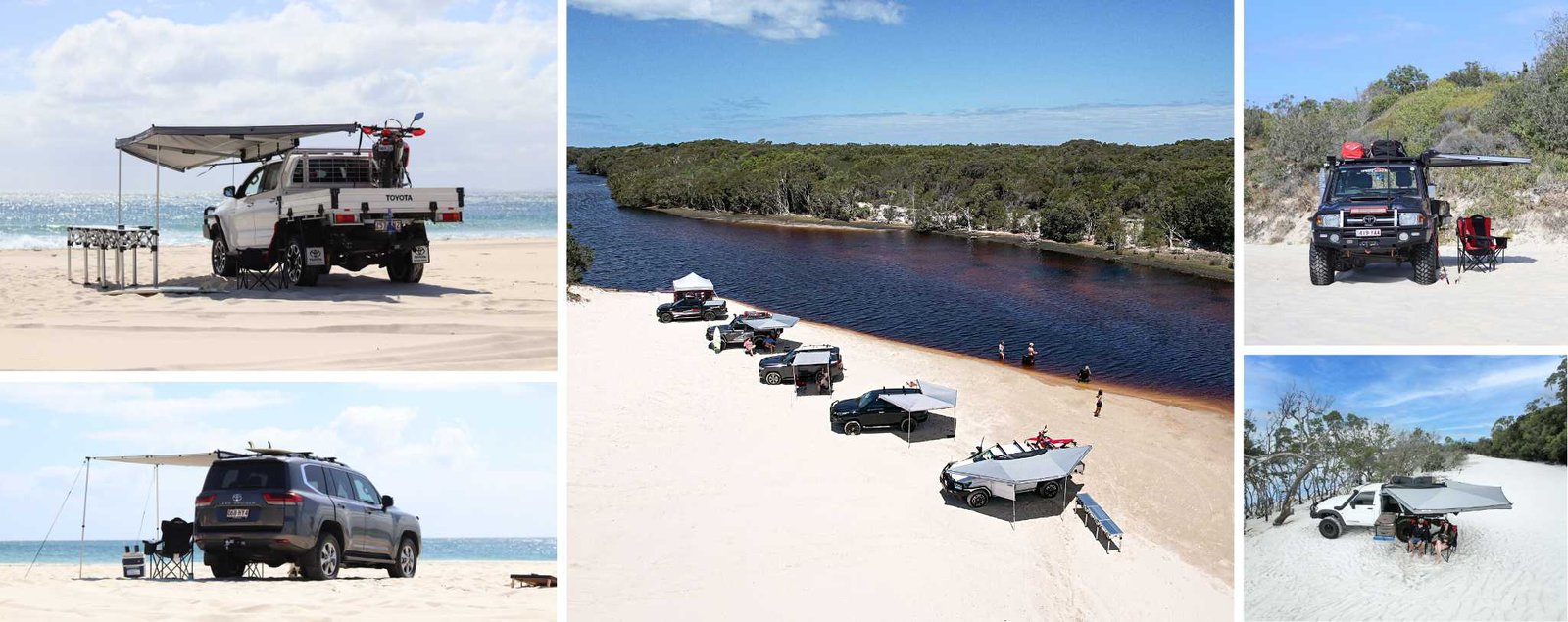
Law enforcement officers are the unsung heroes of our communities, working tirelessly to maintain peace and protect the public. Behind their valiant efforts lies a foundation of rigorous training and education. In this article, we delve into the world of police officer training courses, shedding light on the multifaceted journey that aspiring officers undertake to serve and safeguard their neighborhoods. From physical fitness and tactical skills to legal studies and community engagement, these courses equip individuals with the necessary tools to tackle the diverse challenges they may encounter on duty.
Police Officer Training Courses: Building the Guardians of Society
Police officer training courses provide a comprehensive curriculum encompassing essential knowledge and skills. By delving into different aspects of law enforcement, these courses ensure that aspiring officers are well-prepared for the dynamic nature of their roles. Let’s explore the core components of police officer training courses:
Physical Fitness: Strengthening the Body and Mind
Physical fitness is the cornerstone of effective policing. Police officer training courses emphasize physical conditioning, aiming to develop officers with the stamina, strength, and agility necessary for their demanding duties. Through cardiovascular exercises, strength training, and endurance activities, trainees improve their overall fitness levels, allowing them to perform optimally in the field.
Defensive Tactics: Mastering Self-Defense and Restraint
In potentially volatile situations, law enforcement officers must be able to protect themselves and others while employing appropriate force. Police officer training courses include modules on defensive tactics, equipping trainees with the skills to defuse confrontations, restrain suspects, and effectively use non-lethal weapons. These courses emphasize the importance of proportionality and ethical decision-making, ensuring officers respond with professionalism and restraint.
Firearms Training: Navigating the World of Firearms
Handling and using firearms is a critical aspect of police work. Police officer training courses include comprehensive instruction on firearms safety, marksmanship, and tactical shooting techniques. Trainees learn to operate various firearms and undergo rigorous training to develop the necessary proficiency and judgment to handle these potentially lethal weapons responsibly.
Legal Studies: Understanding the Law and Its Application
A solid understanding of the law is vital for every law enforcement officer. Police officer training courses devote significant attention to legal studies, providing trainees with an in-depth knowledge of criminal law, constitutional rights, search and seizure procedures, and the intricacies of arrest and detention. By equipping officers with this knowledge, they can effectively navigate the complexities of law enforcement within the boundaries of the legal system.
Emergency Response: Saving Lives in Critical Situations
Police officers often find themselves at the forefront of emergencies where quick thinking and decisive action are crucial. Police officer training courses incorporate training on emergency response protocols, including first aid, CPR, and basic life-saving techniques. This ensures officers are prepared to provide immediate assistance and support to distressed individuals until professional medical personnel arrives.
Community Engagement: Fostering Positive Relationships
Effective policing relies on fostering trust and cooperation within communities. Police officer training courses emphasize the importance of community engagement and cultural sensitivity. Trainees learn strategies for building positive relationships, resolving conflicts, and collaborating with community organizations. By cultivating these skills, officers can establish a strong rapport with the people they serve, promoting safer and more harmonious neighborhoods.
Frequently Asked Questions about Police Officer Training Courses
Q1: How long do police officer training courses typically last?
A1: The duration of police officer training courses can vary depending on the specific program and jurisdiction. On average, introductory police training courses range from 12 to 24 weeks. However, additional specialized training and field experience may extend the overall training period.
Q2: What are the physical requirements for police officer training courses?
A2: Physical requirements can vary, but generally, aspiring police officers must meet specific fitness standards, including cardiovascular endurance, strength, and agility tests. These requirements ensure that officers can effectively perform their duties and handle the job’s physical demands.
Q3: Are there academic requirements for police officer training courses?
A3: While specific academic requirements vary, most police officer training courses require a high school diploma or equivalent. Some agencies may prefer candidates with a college education or prior military service, but it is not always mandatory.
Q4: Do police officer training courses include firearms training?
A4: Yes, police officer training courses include comprehensive firearms training. Trainees learn proper handling, safety protocols, marksmanship, and tactical shooting techniques to ensure their competence and responsible use of firearms in the field.
Q5: Can I choose specialized training within police officer training courses?
A5: Some training programs offer specialized forensics, drug enforcement, or crisis negotiation courses. These opportunities may be available depending on the agency and the trainee’s career goals.
Q6: How often do police officers undergo additional training after their initial training course?
A6: Continued professional development is crucial in law enforcement. Police officers regularly undergo training throughout their careers to stay updated on evolving techniques, laws, and best practices.
Conclusion
Police officer training courses form the bedrock upon which law enforcement professionals build their careers. These comprehensive courses encompass physical fitness, defensive tactics, firearms training, legal studies, emergency response, and community engagement. By undertaking these rigorous programs, aspiring officers develop the skills, knowledge, and resilience necessary to effectively serve and protect their communities. From the first day of training to ongoing professional development, police officers strive to maintain the highest standards, ensuring the safety and well-being of the people they serve.












